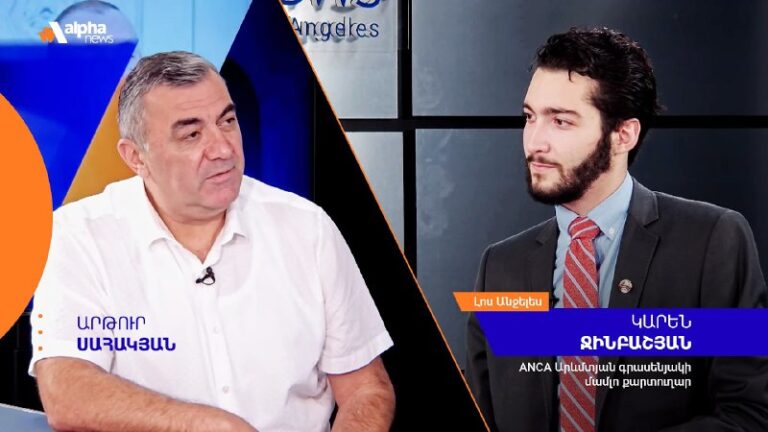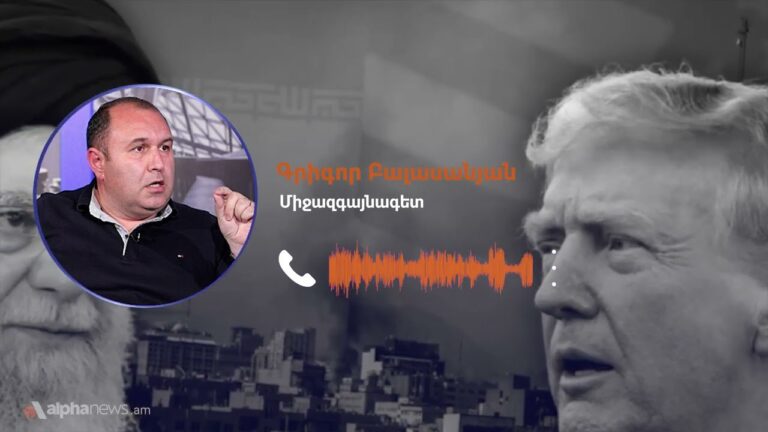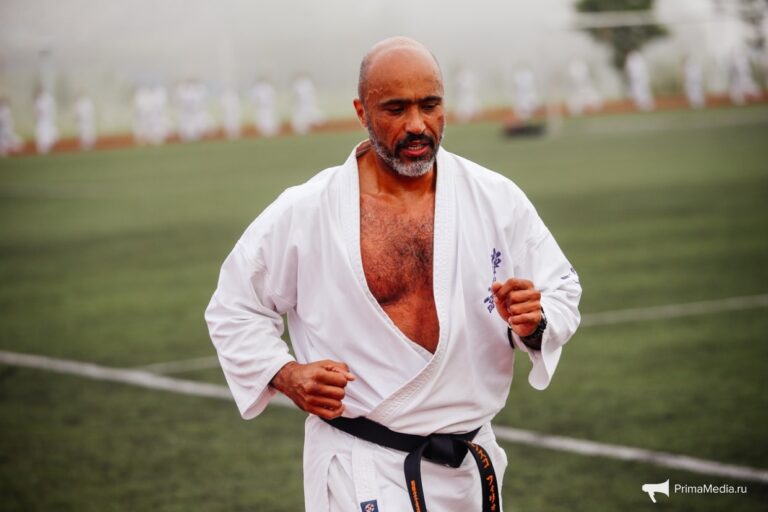The failure of minority rule in Gyumri and Parakar
April 01 2025, 19:00
Armenian Prime Minister Nikol Pashinyan likes to repeat that “if the people decide, they will no longer have power in Armenia.” However, Pashinyan does not say who exactly he means by “the people” or how many people should unite around the anti-government idea in order for a change of power to become uncontested. At the same time, contrary to his wishes, there are several ways to define the “will of the people,” including institutional ones. One of these methods is elections—both national and local. During recent elections, the people’s will was clearly expressed, and Pashinyan suffered defeats in both Parakar and Gyumri.
Opposition forces inflicted a crushing defeat on the ruling Civil Contract party in the early elections to the City Council in the enlarged Parakar community of the Armavir region. After the votes were counted, the opposition Unity alliance emerged victorious with 56.57%. Pashinyan had also lost in Parakar in 2021, but fraud in the post-election period allowed his party to seize control. The 2025 elections, however, have definitively settled the matter.
In Gyumri, the elections unfolded in a manner reminiscent of Pashinyan’s ideological predecessors—Levon Ter-Petrosyan, Vano Siradekhian, Gagik Dzhangiryan, and others. The authorities eventually even had to turn off the lights at a number of polling stations. Despite employing administrative resources before election day—such as registering residents from other communities in the city, pressuring state employees, and allegedly transferring bribes to betting shop accounts—the Civil Contract party failed to secure the required 17 mandates. Only 36% of the votes were falsified.
By voting, the people of Armenia rejected the Civil Contract party in two different communities, in two different regions of the country. This rejection followed the March 13 announcement of the approval of the so-called “peace agreement” with Azerbaijan, highlighting that the agenda imposed on society is both false and unaccepted. It is false not in the sense that the people want war but because the people do not believe in the ability of the Civil Contract and Nikol Pashinyan to bring peace. Therefore, when making a choice, people are guided by other considerations beyond propaganda narratives.
This proves that we are dealing with a minority government—both ideologically and numerically—that imposes a political reality disconnected from the genuine needs of society.
This is also confirmed by the fact that Levon Barseghyan, the candidate from the so-called Eurokve initiative (a political association advocating Armenia’s EU membership), failed to surpass the 6% threshold. Both Eurokve and Civil Contract remain minorities, but they still have the opportunity to impose their agenda on the country.
The elections have shattered the myth that opposition forces must unite before elections to succeed. The Gyumri elections have shown that this is not a prerequisite for success. It is possible to unite after the elections. This presents a new challenge for the opposition, particularly in Gyumri. The post-election situation in Gyumri—where Vardan Ghukasyan emerged as the leading opposition figure, joined by Karen Simonyan and Ruben Mkhitaryan, while Martun Grigoryan hesitates to make a decision—will show who genuinely seeks change in the country and who supports Nikol Pashinyan by all means.
Think about it…







